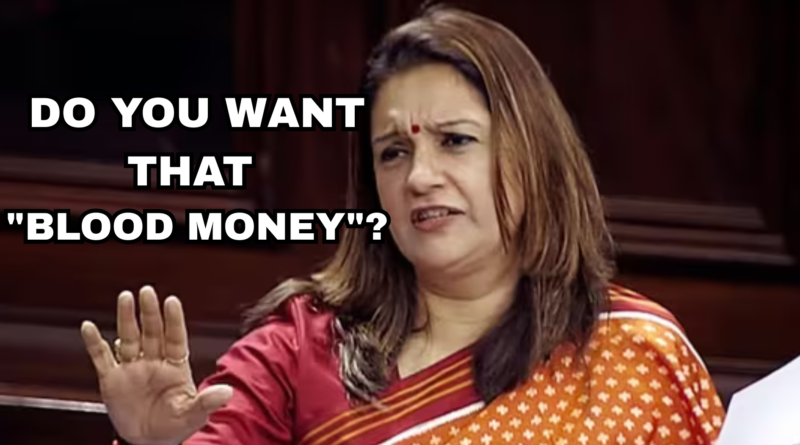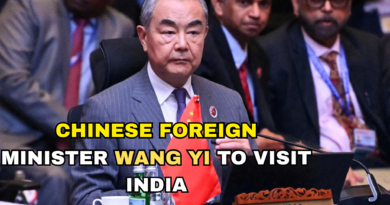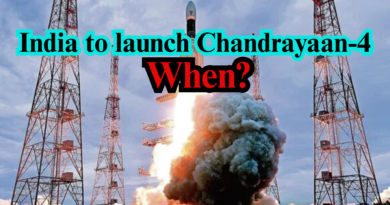CRICKET OR COUNTRY? THE INDIA-PAKISTAN MATCH DEBATE
For millions of cricket fans across the world, especially in South Asia, an India-Pakistan match is more than just a game. It’s an emotion, a celebration, and often, a matter of national pride. Whenever these two cricketing giants face each other, TV screens light up, roads become empty, and stadiums roar with passion. However, beyond the excitement and festive mood, a serious debate continues-should cricket go on when there are serious national security concerns?
The Recent Controversy
Recently, Shiv Sena (Uddhav Balasaheb Thackeray) MP Priyanka Chaturvedi made headlines by strongly criticizing the BCCI (Board of Control for Cricket in India) and the central government for allowing cricketing ties with Pakistan. Her statements came amid rising tensions between the two countries and increasing calls to prioritize the nation’s dignity over sports.
Priyanka Chaturvedi accused the central government of maintaining a double standard-on one hand promoting nationalism and strong opposition to Pakistan, and on the other allowing cricket matches with them for profit and entertainment. She also questioned the BCCI’s silence, suggesting that commercial interests were being prioritized over national concerns.
Cricket and Diplomacy: A Long-Running Debate
India and Pakistan have a complicated political history since their partition in 1947. Wars, border conflicts, and terrorist incidents have often disrupted diplomatic relations. In such situations, cricket becomes more than just a sport-it becomes a tool of soft diplomacy, or in some cases, a symbol of defiance.
Over the years, there have been calls to boycott sports and cultural events involving Pakistan, especially after incidents like the 26/11 Mumbai attacks or the Pulwama terror attack. In response, India has mostly stopped bilateral series with Pakistan, but matches in international tournaments like the World Cup or Asia Cup still take place. This selective engagement often leads to criticism.
National Security vs Entertainment
Chaturvedi’s comments reflect the views of a section of Indian society that believes national interest must come first. They argue that when Indian soldiers are dying at the borders and when cross-border terrorism continues, playing a cricket match sends the wrong message. It appears to normalize relations and downplay the seriousness of ongoing issues.
On the other hand, some believe that sports should not be mixed with politics. They argue that cricket can be a bridge between two nations, a way to ease tensions and promote peace. They point out that banning matches will not stop terrorism or political problems.
BCCI’s Position
The BCCI, one of the most powerful cricket boards in the world, usually stays away from political debates. It often follows the guidelines set by the government and the International Cricket Council (ICC). If India and Pakistan are scheduled to play in a multinational tournament, the BCCI has little choice but to participate unless the government directly intervenes.
However, critics argue that the BCCI, which earns huge profits from high-voltage matches like India vs Pakistan, should take a stand. After all, these matches attract the highest number of viewers, sell the most tickets, and generate massive sponsorship revenue.
The Role of Government
The central government has often used nationalistic rhetoric, especially around elections. Leaders have spoken about tough measures against terrorism and Pakistan’s involvement in it. In this context, allowing cricket matches can seem contradictory. This is the core of Chaturvedi’s argument that the government cannot preach nationalism on one side and promote cricket diplomacy on the other.
What Do the People Think?
Public opinion is divided. Many fans argue that cricket is their passion and a match against Pakistan is something they look forward to. It brings a sense of unity and celebration. However, others believe it is time to take a strong stand and send a clear message that India will not tolerate violence or mixed signals.
Social media often reflects this divide. Hashtags like #BoycottPakMatch trend alongside #IndVsPakFever. The nation seems caught between love for cricket and loyalty to national values.




